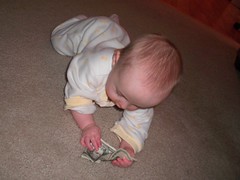It’s true that the benefits of a parent cannot be measured or quantified in any meaningful way. It’s hard to put a price on the emotional commitment and special experience of raising a child as a parent, some of which may not even be realized by the parents themselves until afterwards. But it is undeniable that the experience of parenthood is a rewarding and special time in someone’s life.










